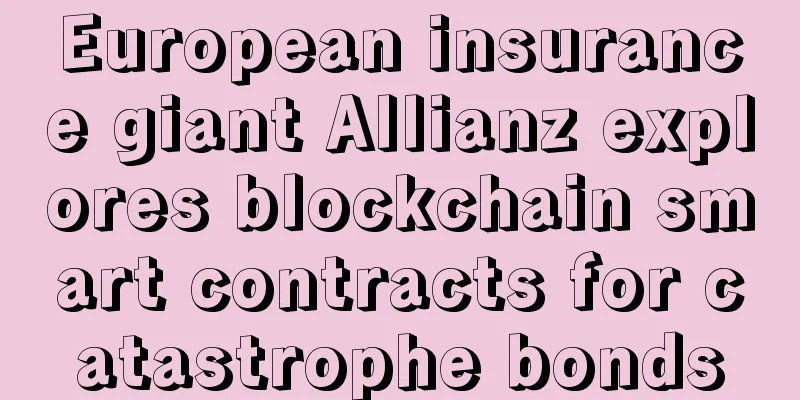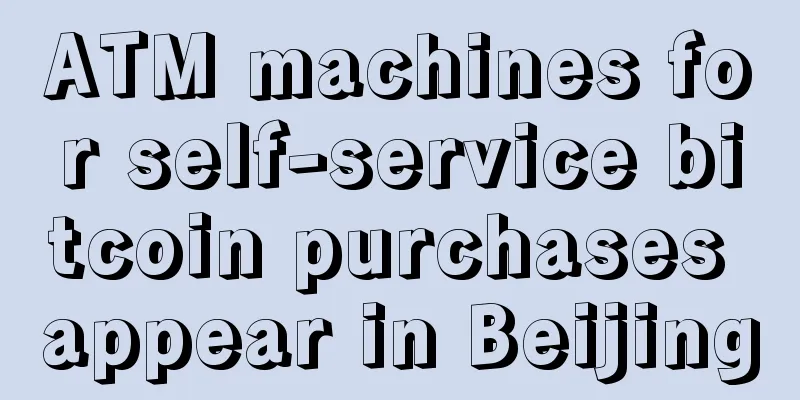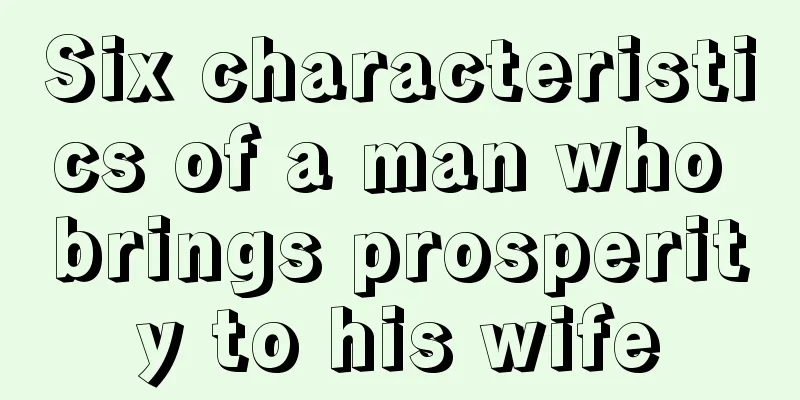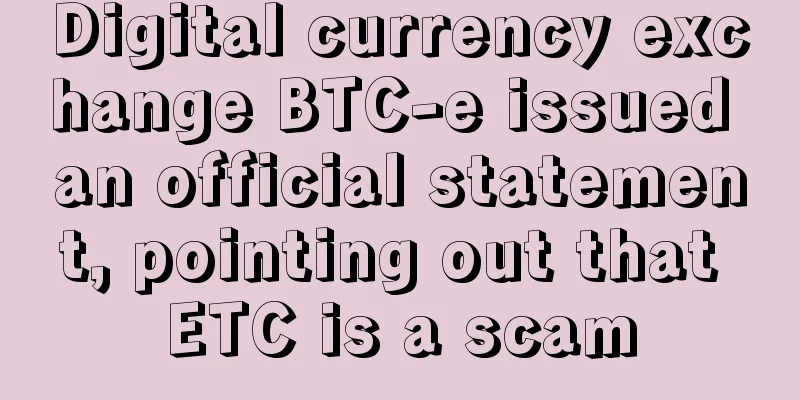European insurance giant Allianz explores blockchain smart contracts for catastrophe bonds

|
European insurance giant Allianz has announced that it has successfully used blockchain-based smart contracts to process catastrophe swaps and catastrophe bonds transactions, and also said that blockchain technology can expand the sales market for such financial instruments. Catastrophe swaps and catastrophe bonds are high-yield debt instruments, usually insurance-related, designed to meet the financial needs of natural disasters such as hurricanes or earthquakes. They have special provisions that if the issuer suffers losses due to a given natural disaster, its principal and interest payments can be delayed or even waived entirely. However, the settlement process for such bonds usually takes weeks or even months. Allianz said smart contract technology could reduce the settlement time to just a few hours. This test project was conducted by Allianz in cooperation with investment institution Nephila Capital. The test results showed that blockchain smart contract technology can indeed simplify the transaction process and improve the efficiency of funds settlement. Richard Boyd, Chief Underwriting Officer at Allianz, said:
In recent months, more and more large insurance companies have begun exploring blockchain technology. Just this week, professional services giant PwC announced it was sponsoring a research project to explore the potential use of blockchain technology in the wholesale insurance industry through proof of concept. Life insurance and financial services giant John Hancock has teamed up with ConsenSys and BlockApps, two startups working on the Ethereum blockchain, to begin multiple blockchain proof of concept experiments. |
<<: IMF: Blockchain may build an Internet of Trust
>>: The IRS may further clarify digital currency tax guidelines (with report)
Recommend
What does it mean to have seven moles on the forehead?
The meaning of seven moles on the forehead does n...
Passing by the picture bed is a free domestic online picture bed, a stable and easy-to-use picture external link sharing platform
In today's Internet age, image storage and sh...
What does the variable wisdom line indicate?
The wisdom line and the life line originate from ...
What does a mole on the leg mean?
Everyone has moles on their body to a greater or ...
What does each palm line mean?
The palm lines are divided into four major lines:...
Mole face reveals whether she is good luck or bad luck to her husband
Mole face reveals whether she is good luck or bad...
The wisdom line is too long and bends downward
Is it good that the wisdom line is too long and b...
How can I know my fortune?
Wealth is very important to everyone. Everyone ho...
What does it mean for a man to have a mole on his forehead? He will have a successful career and a bright future!
What does it mean for a man to have a mole on his...
What is the saying about men with hump noses? They often offend people without knowing it.
How to interpret a man’s hump nose? Hump nose i...
Which men are most afraid of their wives?
There was a story about the roaring lion in Hedon...
Which people are prone to falling out with friends?
Sometimes, when we make friends, we pay close att...
Coin Zone Trends: Bitcoin Price Trends Based on Big Data This Week (2017-04-21)
Bulls show their strength while bears retreat 1. ...
What kind of face is good for a husband? What is the face shape of a woman with a good face?
What kind of face is good for a husband? What is ...
Analysis of the dragon among men
Analysis of the dragon among men 1. There is a wo...









